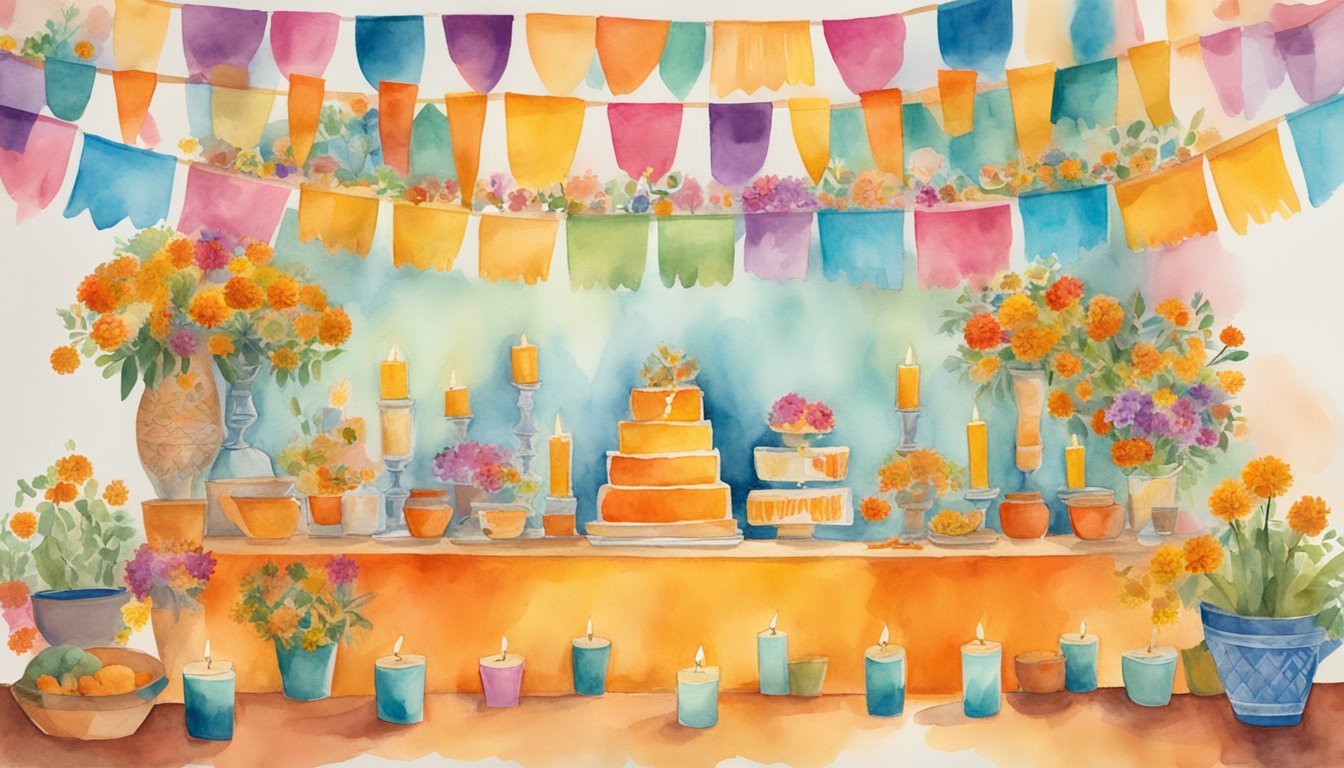Major Holidays and Celebrations in Mexico
In Mexico, celebrations are the tapestry of life, melding history, religion, and culture into vibrant festivities that often span multiple days. The Mexican calendar is dotted with a wide array of events that are celebrated with enthusiasm and dedication.
Public and Statutory Holidays
- New Year’s Day (Año Nuevo): Celebrated on January 1st, it marks the start of the year.
- Constitution Day: Observed on the first Monday of February to honor the Constitution of 1917.
- Benito Juárez’s Birthday: Commemorates the birthday of Benito Juárez on the third Monday of March.
- Labour Day (Día del Trabajo): May 1st, a day to honor the labor movement.
- Independence Day (Día de la Independencia): September 16th, celebrates Mexico’s independence from Spain.
- Revolution Day (Día de la Revolución): The third Monday of November, marking the start of the Mexican Revolution in 1910.
- Christmas Day (Navidad): December 25th, observed globally in commemoration of the birth of Jesus Christ.
Discover more about public holidays in Mexico.
Religious Observances and Feast Days
- Holy Week (Semana Santa): Includes Good Friday and Easter Sunday, signifying the death and resurrection of Jesus Christ.
- Day of the Dead (Día de Muertos): November 1st and 2nd, a time to remember deceased loved ones.
- Feast of Our Lady of Guadalupe (Dia de la Virgen de Guadalupe): December 12th, honors Mexico’s patron saint.
- Las Posadas: Spanning from December 16th to Christmas Eve, reenacts Mary and Joseph’s search for shelter.
For insights on Mexican religious observances.
Cultural Festivals and Heritage Celebrations
- Cinco de Mayo (Battle of Puebla): May 5th, celebrates the victory against French forces at the Battle of Puebla.
- Guelaguetza Festival: A dance festival in Oaxaca showcasing regional folklore and traditions.
- Dia de los Muertos (Day of the Dead): Features altars, offerings, music, and dance to honor the deceased.
- Festival Internacional Cervantino: A cultural event in Guanajuato that attracts artists and performers worldwide.
Explore fascinating cultural festivals and heritage.
Cultural Significance and Observance Practices

Mexican holidays encapsulate a vibrant tapestry of history and culture, often blending indigenous traditions with Catholic influences, and are marked by various practices that differ from family ceremonies to nationwide events.
Family and Community Traditions
Family and community are central to the observance of holidays in Mexico, where traditional elements intertwine with religious beliefs. Our Lady of Guadalupe, for instance, is revered on December 12, symbolizing Mexico’s Catholic heritage and an identity rooted in a blend of native and Spanish influences. Communities conduct masses and processions, while family units gather to pay homage through prayer and song. In Puebla, the Battle of Puebla is commemorated during Cinco de Mayo, serving as a source of Mexican pride and unity.
Government and Civil Observances
Mexican government and civil observances reflect the nation’s historical journey. Statutory holidays like Constitution Day and Revolution Day are entrenched in the annual calendar, with government bodies and public institutions closed in recognition. Dedicated observances to figures such as Benito Juárez, known for his role in the Mexican Revolution and leadership, are instilled as civic holidays, involving ceremonies and public addresses observing Mexico’s path to democracy after colonial rule.
Culinary Heritage and Social Gatherings
Fiestas and social gatherings in Mexico display a rich culinary heritage, where food and drink such as tequila and dishes accompanied by mariachi music create a convivial atmosphere. During public holidays like Labor Day or regional festivities, the community revels in shared meals underscoring social cohesion. Culinary practices have evolved over time, retaining flavors from both indigenous recipes and Spanish influences, creating a gastronomic identity that Mexicans proudly celebrate as an intrinsic part of their heritage.

